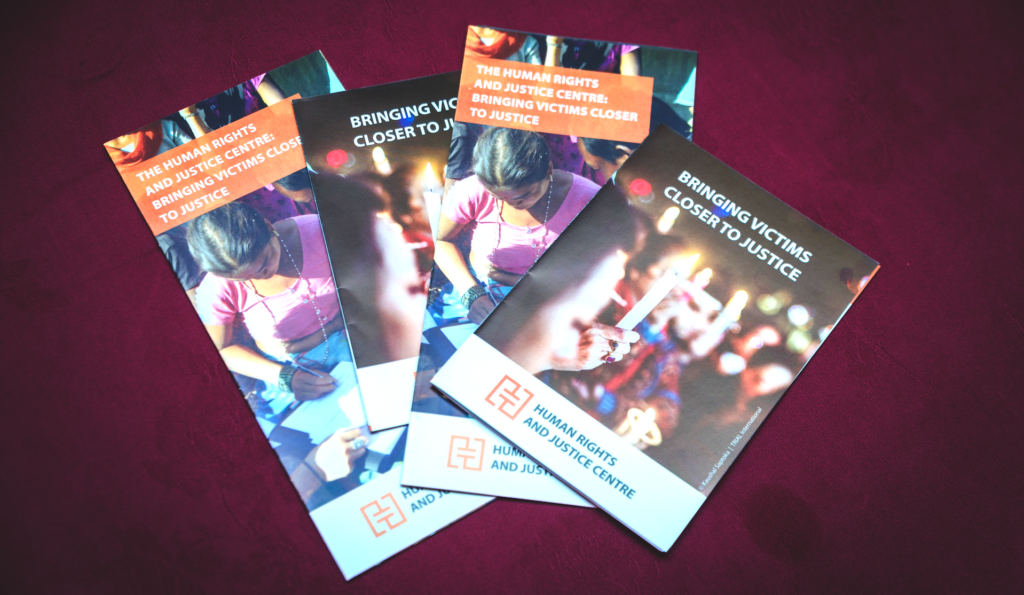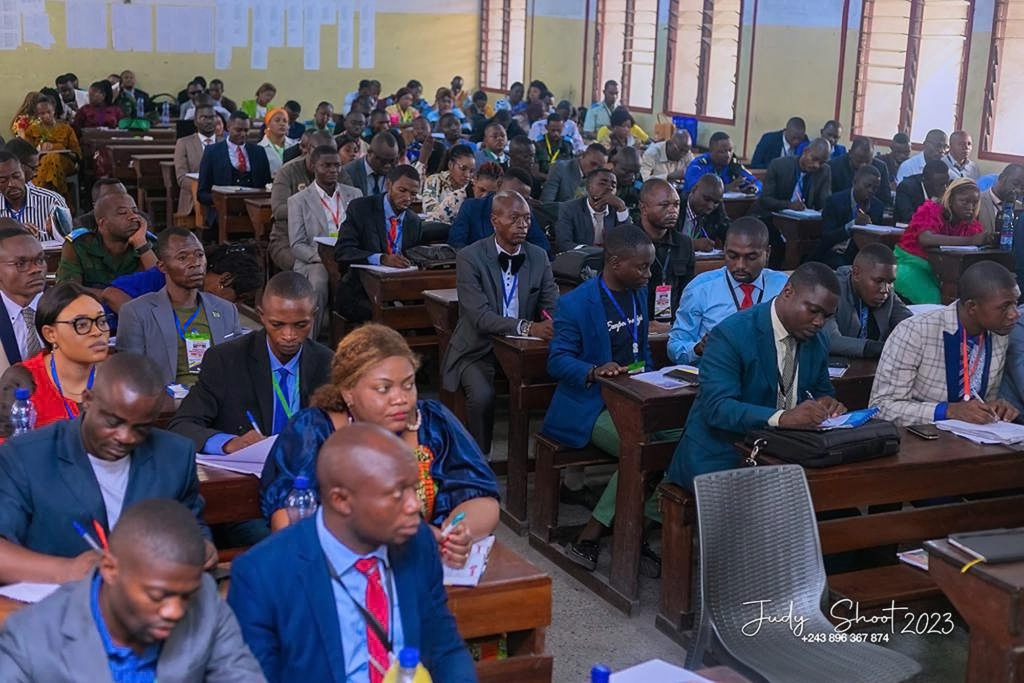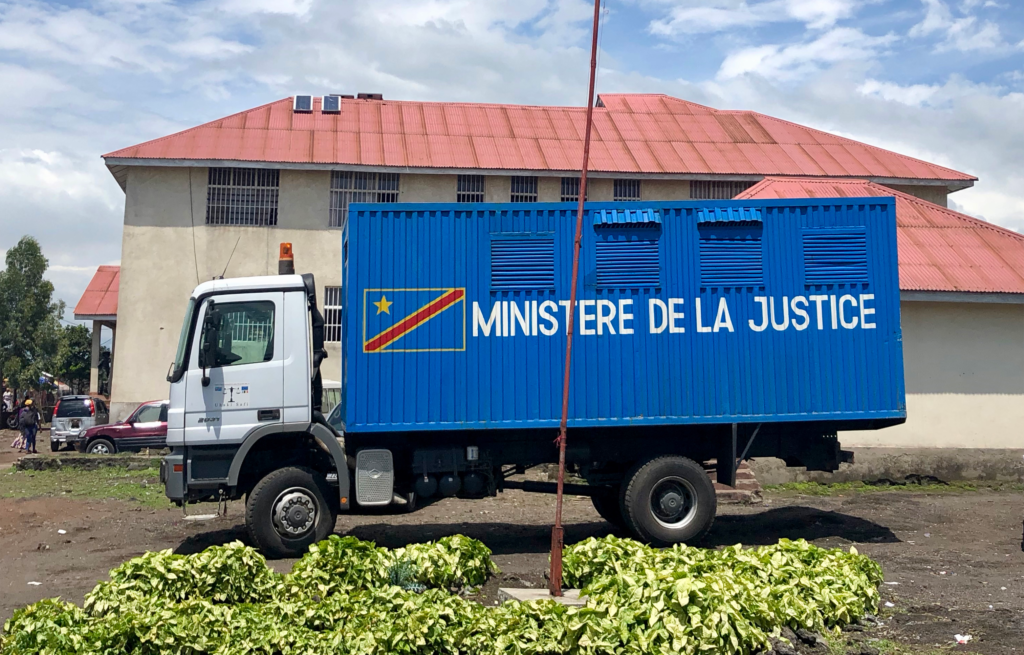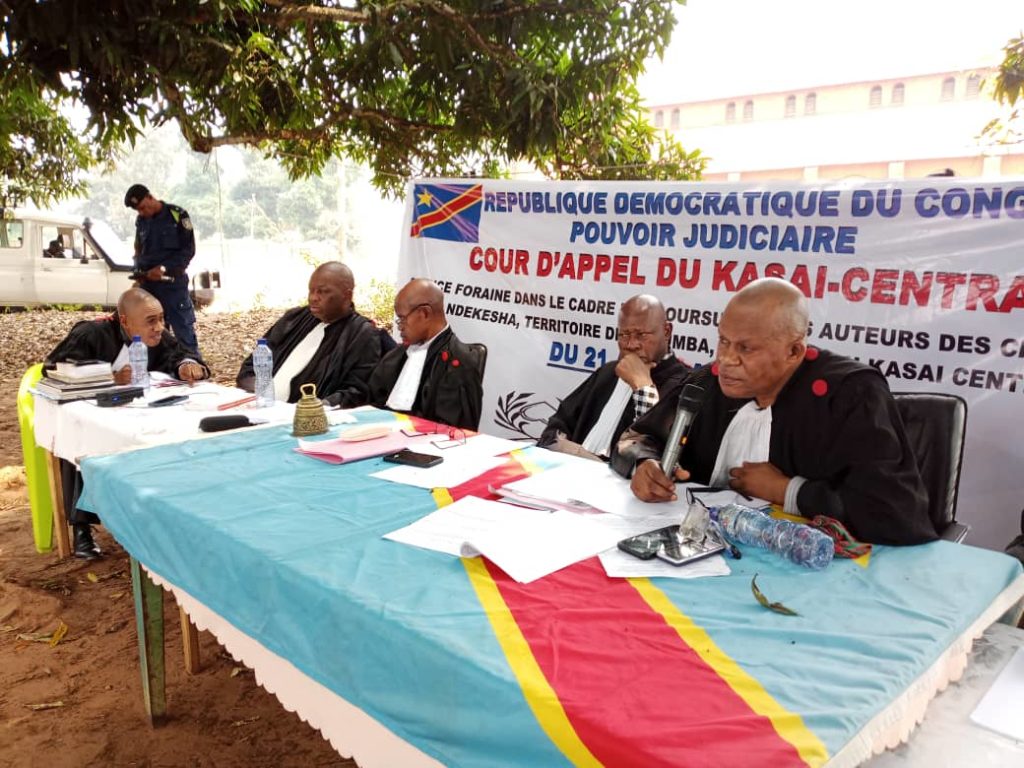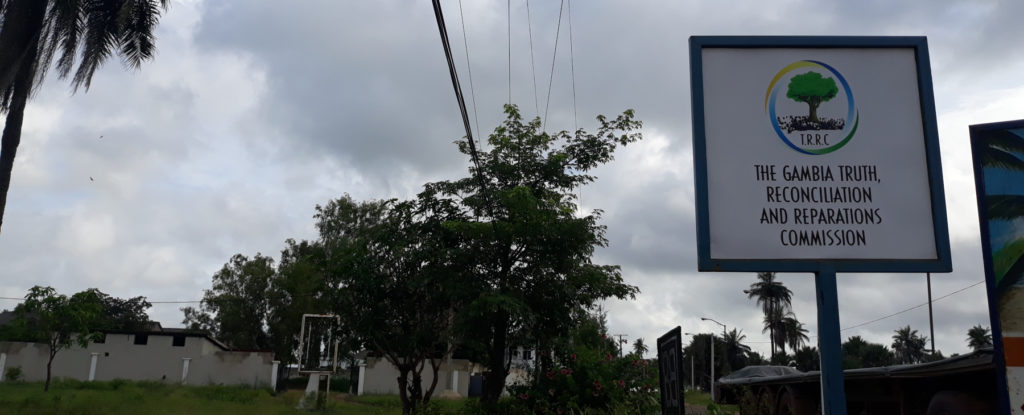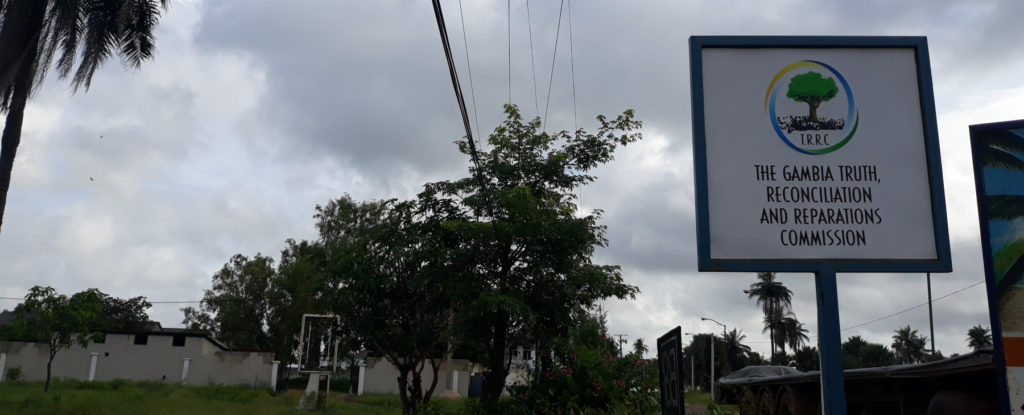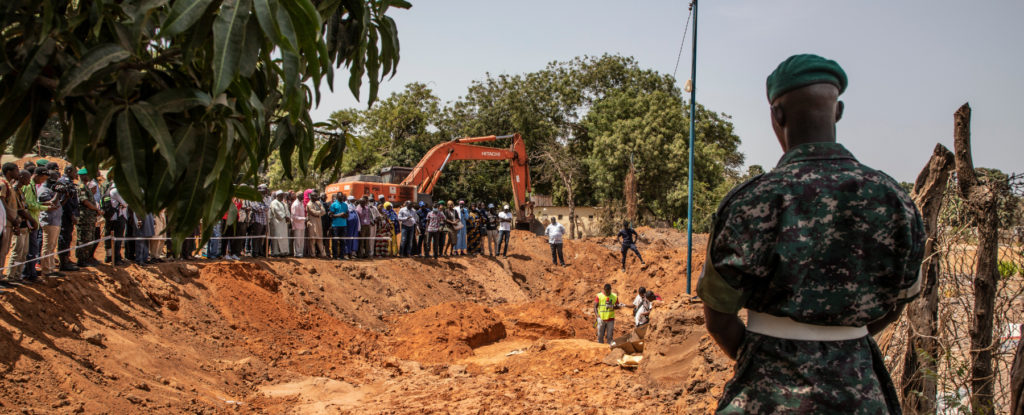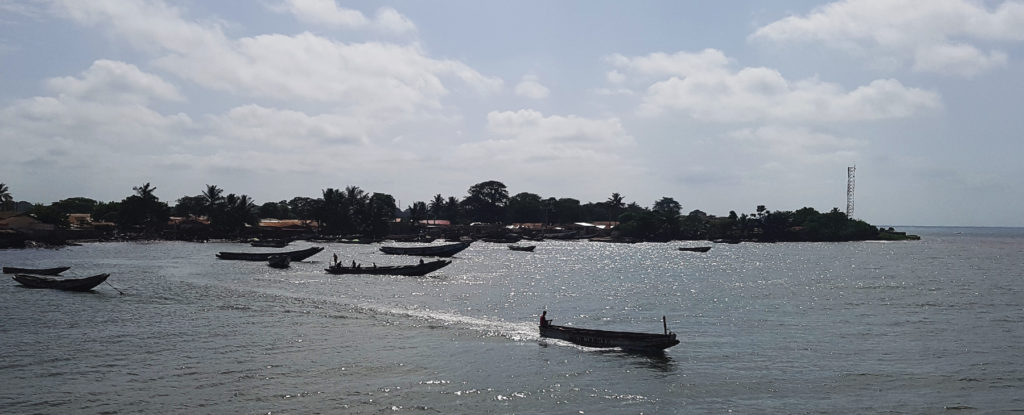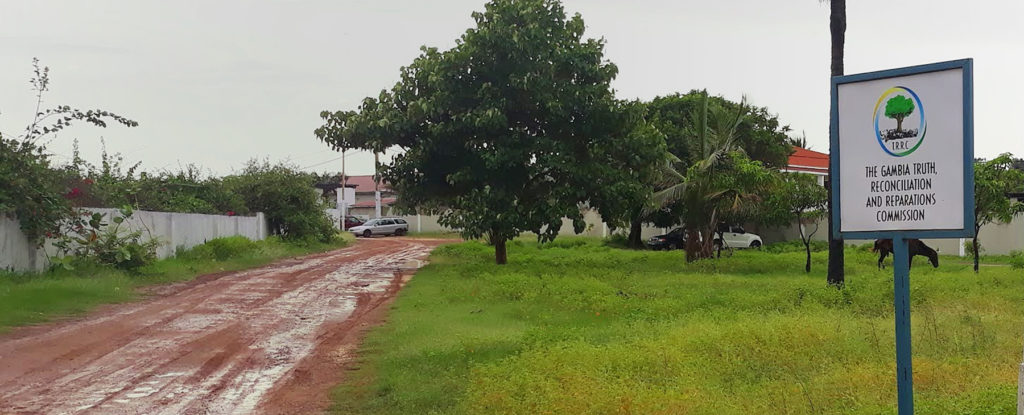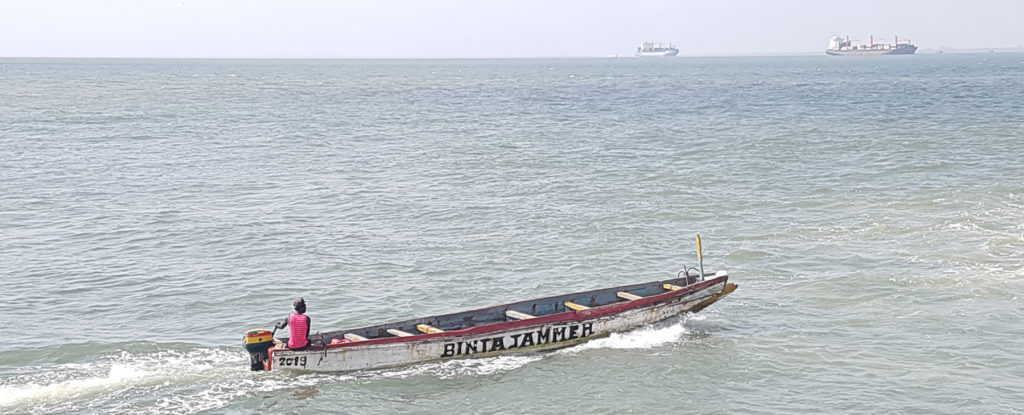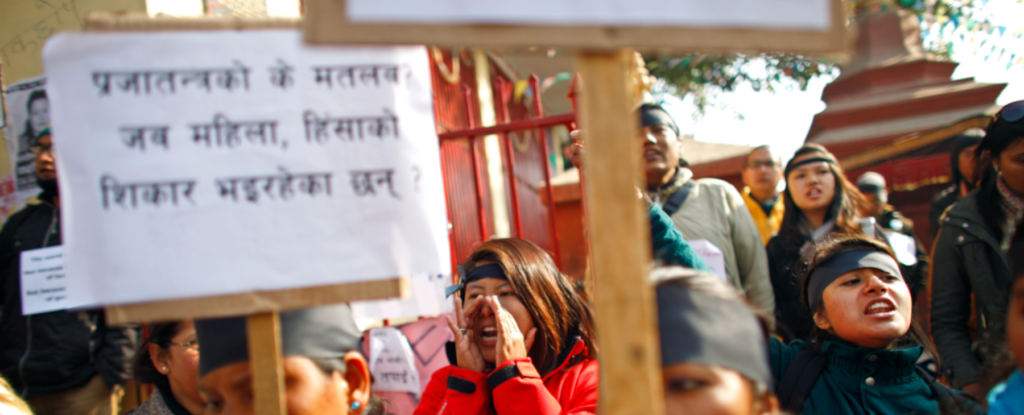Nepal defends transitional justice currently in a state of standstill before the UN
Nepalese Foreign Minister Pradeep Gyawali headed to Geneva on 23 February to participate in the 40thsession of the Human Rights Council. He is responsible for defending the transitional justice process implemented by Nepal. For Helena Rodríguez-Bronchú Carceller, Head of TRIAL International’s Nepal program, the latter, far from being successful, is not credible.
The meeting took place in the context of a debate involving senior government officials. The intervention only increases doubts about Nepal’s willingness to resolve the problems inherited from the civil war. The members of the Human Rights Council are supposed to be an example of respect for human rights. As part of its efforts to join the Council in August 2017, Nepal has committed itself to completing this process. However, nothing has been undertaken thus far.
No results since 2015
On 6 February, the Nepalese government extended the Truth and Reconciliation Commission (TRC) and the Commission on Investigation on Enforced Disappeared Persons’ (CIEDP) for an additional year. But their members didn’t.
Since their creation, the two commissions have received dozens of complaints from victims. Yet to date, none of them have been followed up with results. The commissioners claim to have investigated some cases, but no results have been made public. TRIAL International has helped several victims to file complaints before the commissions – none of them have been informed of an investigation regarding their case.
At the heart of the problem, the members of the commissions
The Nepalese government has committed to renewing the members of the TRC and the CIEDP by the end of April. In order for real change to be achieved, new members will have to be appointed through a transparent consultative process, and not by virtue of their proximity to the government. They should also be chosen for their proven expertise in the field of human rights, as well as for their independence. Only under these conditions can victims hope that the process will actually be initiated and that they will one day be able to obtain justice and reparation.
Modifying the legal framework
The transitional justice act must also be adapted in order to comply with both international standards and the 2015 Nepalese Supreme Court verdict – which prohibits any amnesty for perpetrators of serious human rights violations. To this end, the government will also have to take into account the comments received during the draft bill it circulated for consultation last summer, and more specifically, consult with victims.
Nepal must now engage in a credible process in accordance with international standards, as required of Member States in the Human Rights Council. It must pay particular attention to the four pillars of transitional justice – truth, justice, reparations, guarantees of non-repetition – and ensure that they are respected throughout the process.

